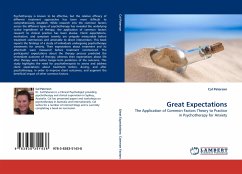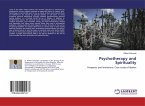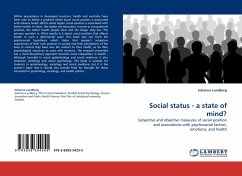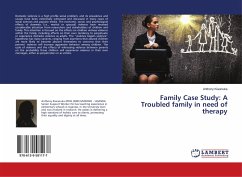Psychotherapy is known to be effective, but the relative efficacy of different treatment approaches has been more difficult to comprehensively establish. While research into the common factors across the different types of psychotherapy has revealed the underlying 'active ingredients' of therapy, the application of common factors research to clinical practice has been elusive. Client expectations, motivation, and symptom severity are uniquely measurable before treatment commences and amenable to direct intervention. This book reports the findings of a study of individuals undergoing psychotherapy treatments for anxiety. Their expectations about treatment and its aftermath were measured before treatment commenced. The participants' expectations about the therapy process predicted the immediate outcome of therapy; whereas their expectations about life after therapy were better longer-term predictors of the outcome. This study highlights the need for psychotherapists to assess and address client expectations about treatment before, during, and after psychotherapy, in order to improve client outcomes, and augment the beneficial impact of other common factors.
Bitte wählen Sie Ihr Anliegen aus.
Rechnungen
Retourenschein anfordern
Bestellstatus
Storno








